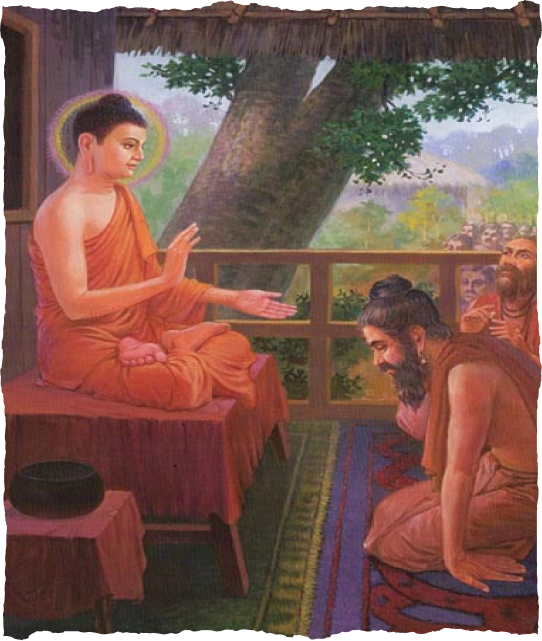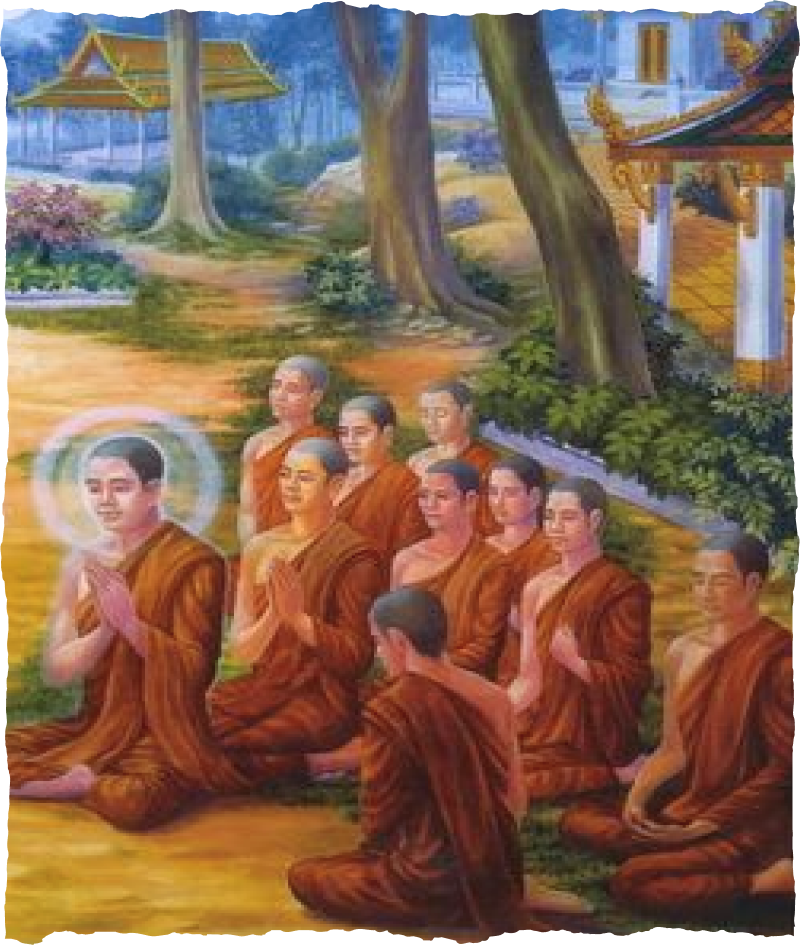“
I hear and I forget. I see and I remember. I do and I understand.”
-
Xun Zi
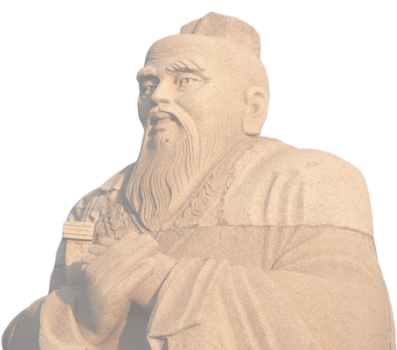
Learning Outcomes
Our approach to teaching is based on helping students understand Asia.
LII-HAYBYRNE INSTITUTE
How We help Jesuit students understand Asia

First, we support carefully selected Jesuit students to travel and live in India, Japan or China. After selection, they will live and study under the auspices of a participating Jesuit high school/Institute in that country for a minimum period of three weeks during the year.
Living in the country will expose the students to the language, culture, and sights and sounds of lands different from the United States, allowing the students to not only appreciate and value that country’s heritage but also to simultaneously come to a more insightful appreciation of the uniqueness and goodness of American values and heritage.


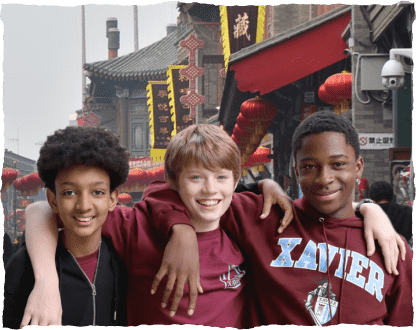
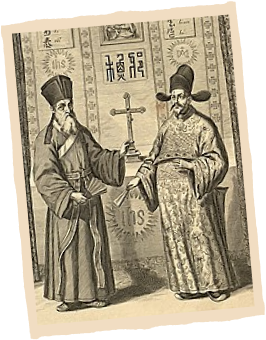
Second, the Institute will teach the students the history of the Jesuits in each of the three countries of India, Japan and China. They will learn the impact that the Jesuits had on each country’s science, education and culture so that the student can assess lessons that can be learned to better understand each country's role in today's world. They will learn how the Jesuits influenced positive change in those countries by learning the language and culture of each of society. And how the Jesuits relied on education and knowledge to gain acceptance by the people, a lesson to be learned for today in terms of cross-cultural understanding.
Third, students will participate in discussions of Indian Japanese and Chinese literature, biography and nonfiction from the point of view of cross-cultural comparison between India, Japan, China and America. These comparisons of the three countries will give the student a better appreciation of American values and their intellectual and moral basis.
Fourth, students will learn about the social, political and economic institutions and structures of the Indian, Japanese and Chinese societies. They will do this by absorbing and learning from lectures, readings, movies and discussions. All of this will be done with a cross-cultural perspective and a comparison with the values and institutions of the United States.
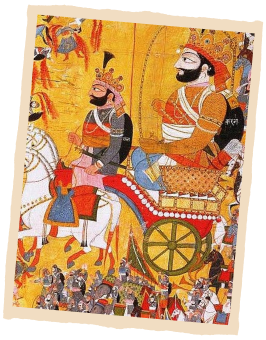
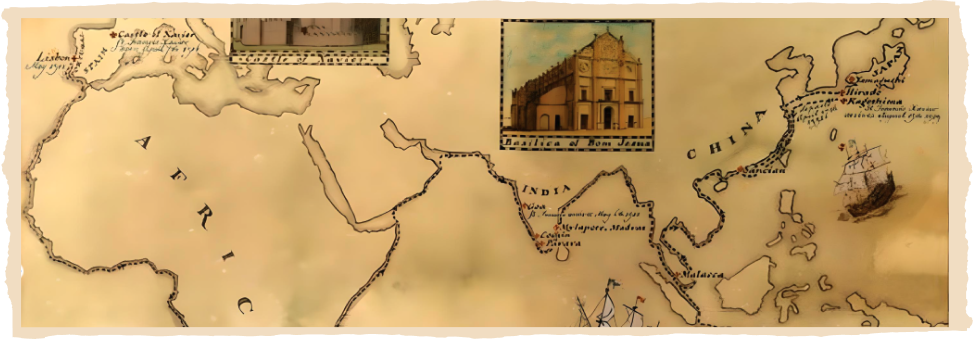
LII-HAYBYRNE INSTITUTE
The Basis of Our Approach
All components will deal with selected topics as a way of conveying in-depth descriptions of the highlights of Indian, Japanese and Chinese life (and by comparison, American life) and also as a way of providing students with a problem solving, suspension - of - judgment approach to another culture..
We expect that the students will gain a fuller understanding of both their own society and of Indian, Japanese and Chinese society by a continual process of comparison and contrast. Topics will include each country's social and economic structure with particular reference to the family, religion, village life, nationalist movements, and economic systems in terms of capitalism and communism. Students will continually be pushed to examine their own values and the values of American culture as they explore the values of India, Japan and China.
Students will discuss these issues with the Indian, Japanese and Chinese social and economic experts from organizations the Institute will affiliate with such as the Asia Society https://asiasociety.org . Selected readings and films will provide a basis for discussion and the application of concepts learned in other courses. At the end of these sessions the student should feel adequately immersed in Indian, Japanese and Chinese culture, sympathetic to each of their fascinating and complex environments and prepared for more advanced learning in University settings.


